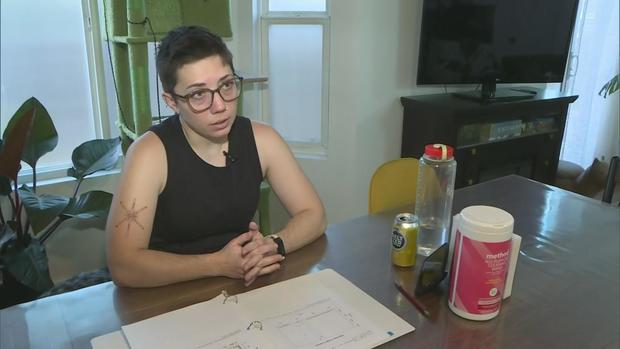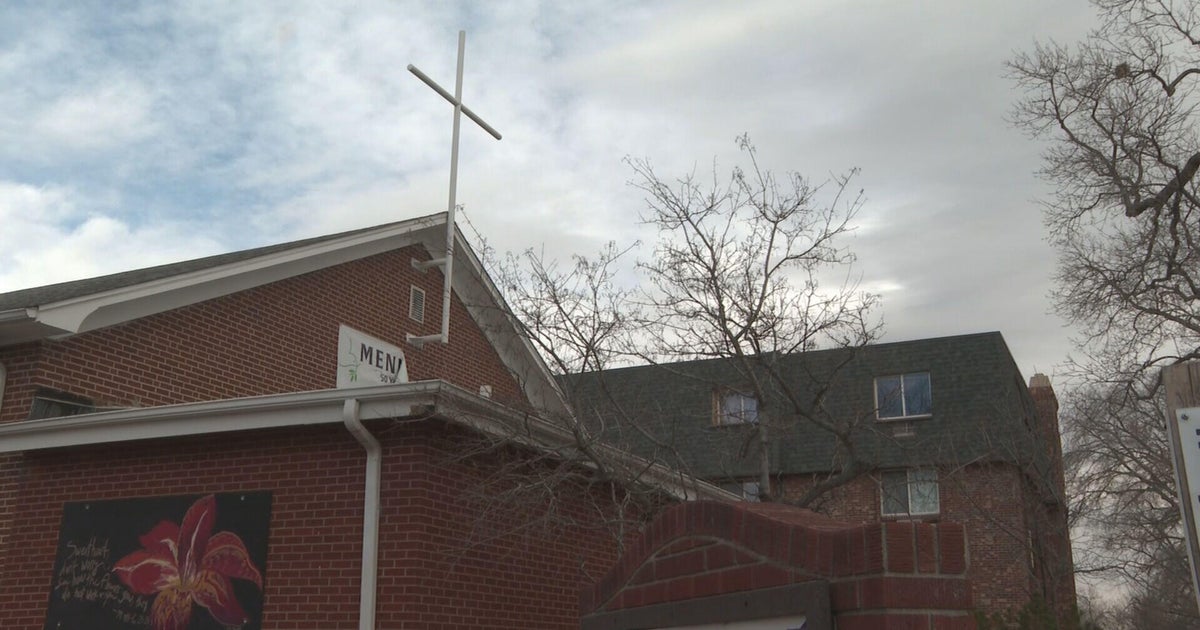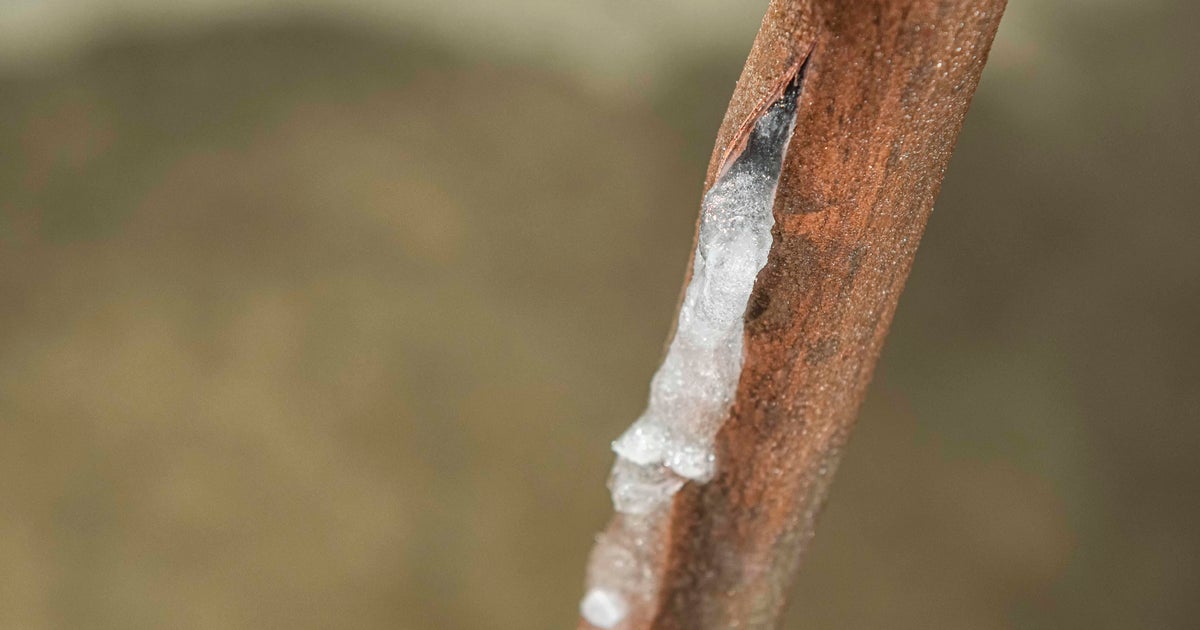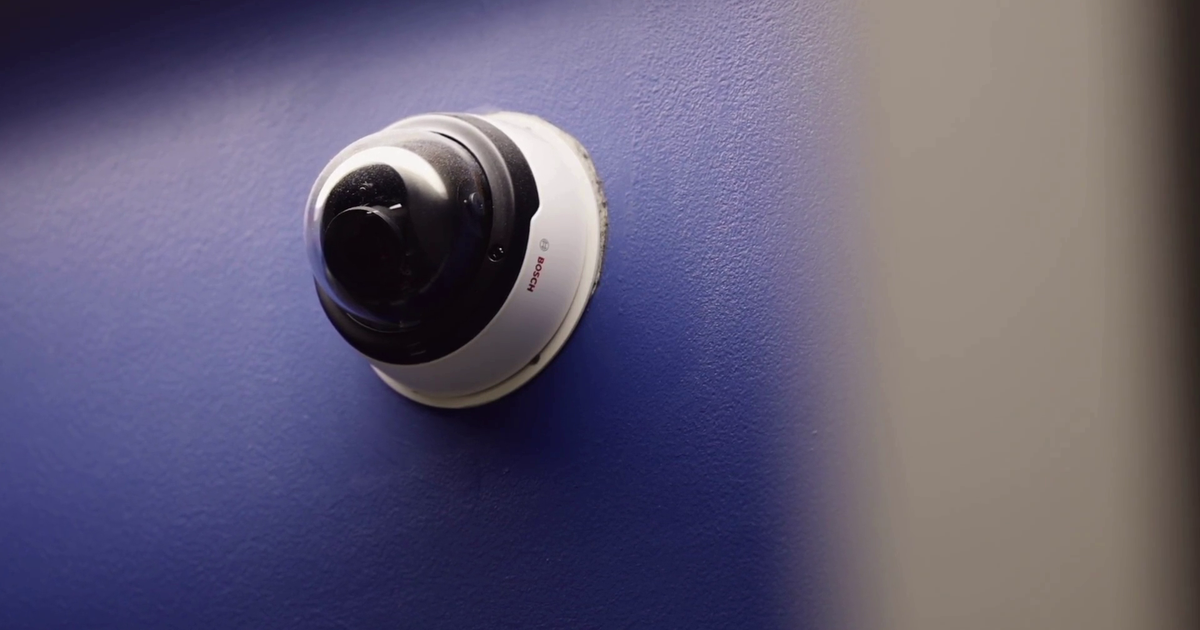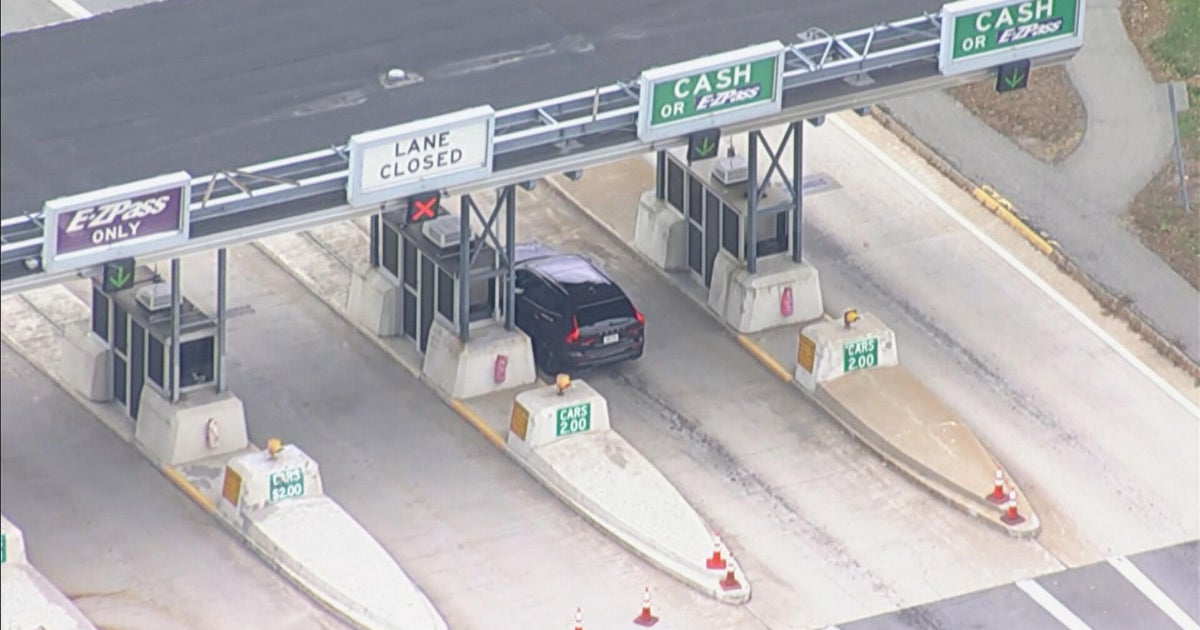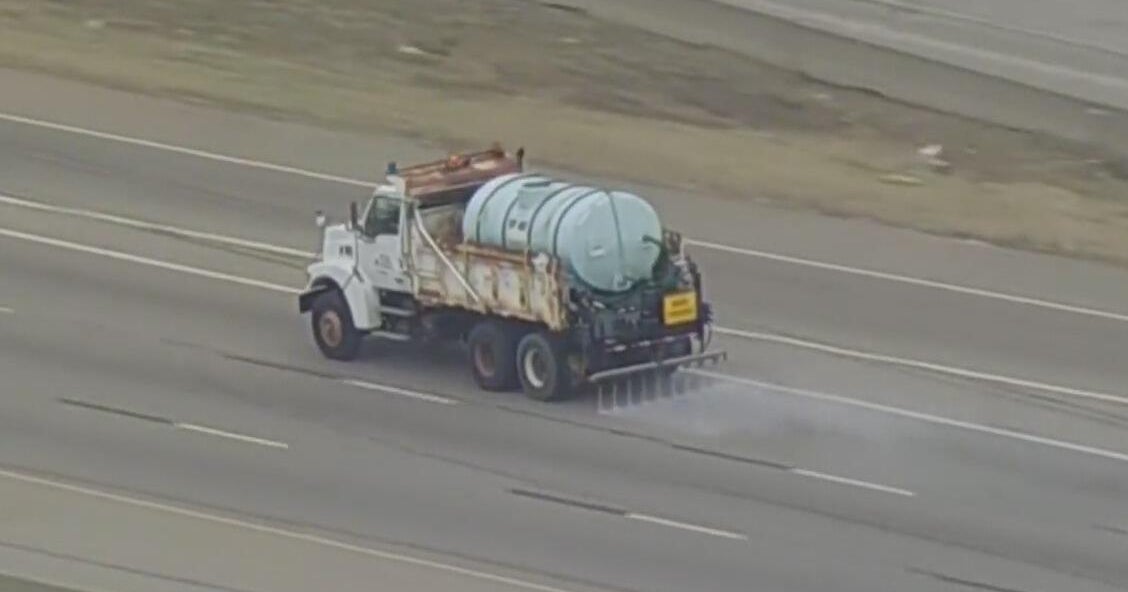Colorado town admits high water bills are "a problem," continue citing high usage among residents
After months of elected and appointed town officials saying high water bills were the result of residents using high levels of water, the town of Wellington is now saying there may be some cases with issues away from levels of consumption.
The town, located north of Fort Collins, has been grilled by many residents in recent months for water bills, some of which have reached beyond $1,500 a month for single family homes.
While admitting the town is investigating a handful of anomalies and issues with some residents, a spokesperson for the town said a significant majority of those complaining of high water bills are still simply using high levels of water.
Virginia Kegel, a homeowner in Wellington, recently contacted CBS News Colorado after seeing other residents were also receiving very high water bills.
"Your bill was $1,500 for one month of water?" CBS News Colorado's Dillon Thomas asked.
"Yes, 1,500 for one month of water," Kegel said.
"Can you afford that?" Thomas asked.
"We are on a payment plan for a reason," Kegel said.
Kegel and their spouse work in Wyoming. They own a home in Wellington and commute to work most days. Kegel, a lead engineer for mechanical systems with the military's intercontinental ballistic missiles, said they were completely caught off guard by their recent water bills.
"The meter was reading 6,000-7,000 gallons of water a day," Kegel said. "We were left scratching our heads. What on earth could this have been?"
Kegel's home does not use an irrigation system, and they had replaced nearly every appliance with efficient appliances to avoid high water use.
So Kegel requested the town send out technicians to the home to check for any issues with the meter, where none were identified.
They also checked for leaks in their home and were unable to find any that would point to such a major spike in water usage. So Kegel then requested the town provide data of usage over a period of time to see where the property allegedly utilized thousands of gallons of water per day.
Kegel applauded the town for providing everything they asked for when it came to data. However, Kegel then took the time to place all of the meter readings on a graph. And when that was done, an image appeared that seemed to show an issue with the water meter readings.
"You can see a relatively consistent trend between April and mid-to-late May," Kegel said. "Then very suddenly, you see very sporadic readings."
The town's data suggested the Kegel home went from averaging around 100 gallons of water used a day for months to suddenly having random days, where they supposedly consumed thousands of gallons per day.
"6,000 gallons, then 5,000, then back down to 2,000, then down to zero, then back up to 7,000. They were extremely sporadic readings," Kegel said. "An obvious anomaly."
Kegel even took the time to retrack their steps, checking to see if anyone was home during the days they were said to have used thousands of gallons of water. Many of those days, everyone who lives in the home were not at the house for a majority of the day.
And while joking about their lawn being dead, Kegel said there was no way their lawn was absorbing a massive leak.
"We weren't filling swimming pools. We weren't donating water. We didn't have a small hydroelectric plant we were running. If we did, we could probably offset some of the cost," Kegel said.
Like many in Wellington, Kegel's home uses a smart electromagnetic meter. With an engineering background, Kegel decided to research the mechanics of the meter.
"It is great; I love it," Kegel said. "But it still has weaknesses."
Kegel explained how the mechanics of the meter work, and then explained how external factors around the meter can cause it to malfunction or improperly read usage rates.
Improper readings are possible by factors including air bubbles making their way into pipes or even electrical surge. Raising their suspicions of improper reading, Kegel noticed an electric box for the neighborhood is located only a matter of feet away from the home's water meter.
The town has been making its way through the community, removing some water meters and testing them at another location. However, Kegel said that testing doesn't help determine if any factors away from the meters themselves are causing the issues.
"That doesn't necessarily mean the meter is bad. If we remove the meter and bench test it in the perfect environment, the meter is going to come back and say, 'Yeah, it is fine,'" Kegel explained.
After studying how the smart meter works and what can cause improper readings, Kegel said they compared that information with the data from their supposed water usage. The data showed random stretches of extremely high water usage before then suddenly returning to the previously-normal 100 gallons per day.
"It tells me, from a data trend analysis, this isn't necessarily something wrong internal to the reader," Kegel said. "It is something that changed in the environment, the external environment."
Kegel saw reports from CBS News Colorado in which the town claimed all high bills are the result of residents using high levels of water. The same interviews included elected and appointed officials saying there was no possible chance that the town or the meters were not counting usage correctly.
"That doesn't seem to reflect reality," Kegel said.
Kegel said they know the town is doing their best to address the issues raised by residents, but encouraged the town to dig deeper into possible outlying factors that may contribute to errors.
CBS News Colorado contacted the town seeking comment on Kegel's accusations. A spokesperson met with Thomas and explained that the town still believes that nearly all of the residents with concerns for their water bills are simply using high levels of water.
However for the first time, a town official acknowledged that there are a handful of cases in which they are now looking deeper into. They declined to speak specifically about Kegel's case, citing customer privacy. However, they did release the following written statement.
"We can't comment on individual customers or accounts, but the data available for the utility as a whole points conclusively to consumption and rates being responsible for the large water bills some residents have received in recent months."
"Complaints regarding large bills and usage have come predominantly from customers who use potable water to irrigate their yards. We have not heard from many non-potable irrigators, despite using the same infrastructure and meters. The only difference is the rate tier charged based on higher water consumption."
"Additionally, complaints regarding large bills due to high usage have come exclusively since the beginning of irrigation season. We received no complaints of high usage during winter or spring months, when no irrigation happens. This indicates a correlation to customer usage, not a meter problem."
"June/July 2024 usage for the overwhelming majority of customers matches historical usage from the past several years, meaning the only difference this year is a higher rate."
"A small number of customers showed usage patterns consistent with an irrigation or residential system leak. The Town has offered assistance to those customers in identifying the issue, and billing statement adjustment options are reviewed on a case-by-case basis."
"Only an extremely small number of customers showed a usage pattern that neither matched historical usage nor is consistent with a leak. We are committed to helping those customers identify and correct the problem, but that situation has been rare."
"The water meter technology used in Wellington is industry standard and used by utilities across the country, including many in our region. There are no reports of widespread meter issues in those places."
"We encourage anyone who thinks they have an issue with their meter to contact our utilities department at Utilities@WellingtonColorado.gov or (970) 568-3381. We would also like remind customers that it is illegal to open and/or tamper with water meters. Call us instead. We will continue to work with customers in identifying issues with their system. There is no doubt that large water bills are a problem in Wellington. But as Town staff has worked with customers on a case-by-case basis, it's become clear rates and usage are the driving factors behind those bills. There is no evidence to suggest a widespread issue with water meters."

